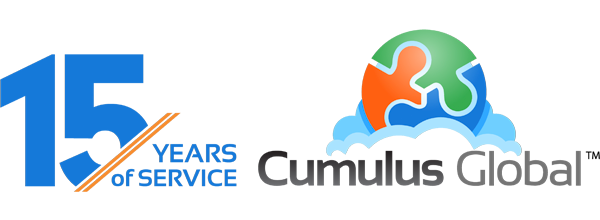Friday Thought: Chromebooks are NOT Netbooks
It is pretty clear from the industry press that a consensus is building that the time for netbooks may have passed. And when Dell, one of the big 3 PC makers, decides to end all netbook products, the industry takes note.
But when a technophile friend of mine lumped Chromebooks into this category, I had to disagree. His argument that netbooks came out too early, before the customer was ready for the cloud. And now, with tablets, smartphones, and other devices, the need is no longer there — you can get more for less elsewhere.
Chromebooks, however, are not netbooks.
Netbooks from Dell, HP, Acer, and others still carry the burden of traditional operating systems, albeit “customized” for a purpose. So while the cost to buy the device was lower, businesses still needed to carry the full burden of supporting any PC-class device. And users still expected to run ‘heavy’ apps like MS Office on these devices. Less capable, less expensive to buy, just as expensive to run and support is not a formula for long term success.
Chromebooks are entirely different … here’s how:
- Chromebooks run Chrome OS, the first commercial Operating System to be built specifically to support cloud computing environments.
- Chrome OS is also the first commercial operating system to include encryption and malware protection in the kernel, eliminating need for two layers of third party software.
- Chromebooks operate on the model that everything you need is in the cloud, that there is little or no need for any local data.
- Chromebooks give you access to legacy desktop environments and applications not through local installs, but through terminal services, virtual desktop interfaces, and RDP services.
- Chromebooks run with a near-zero footprint for its users; no need to manage software distribution, patches, and updates.
- Chromebooks receive profiles and policies with each power up and user login, eliminating the need to create, manage, and distribute system images.
Most importantly, when you purchase Chromebooks, you are not buying hardware, you are buying a service.
Yes, you own your Chromebook devices, but they are one component of the service. The service includes a management console that empowers organizations to manage user profiles, services, access, and add-ins. The service also includes a replacement warranty of up to three years. Chromebooks are as close to a “zero maintenance; zero administration” solution as you can get.
Netbooks give users a familiar, less capable (some might say ‘crappy’) system that still requires all of the administration and maintenance of a full blown PC.
Chromebooks give users a new platform with expanded capabilities, but without much of the expensive and burdensome overhead.
Netbooks may be on the way out; Chromebooks and the service model they bring to the market should be here for the long haul.


